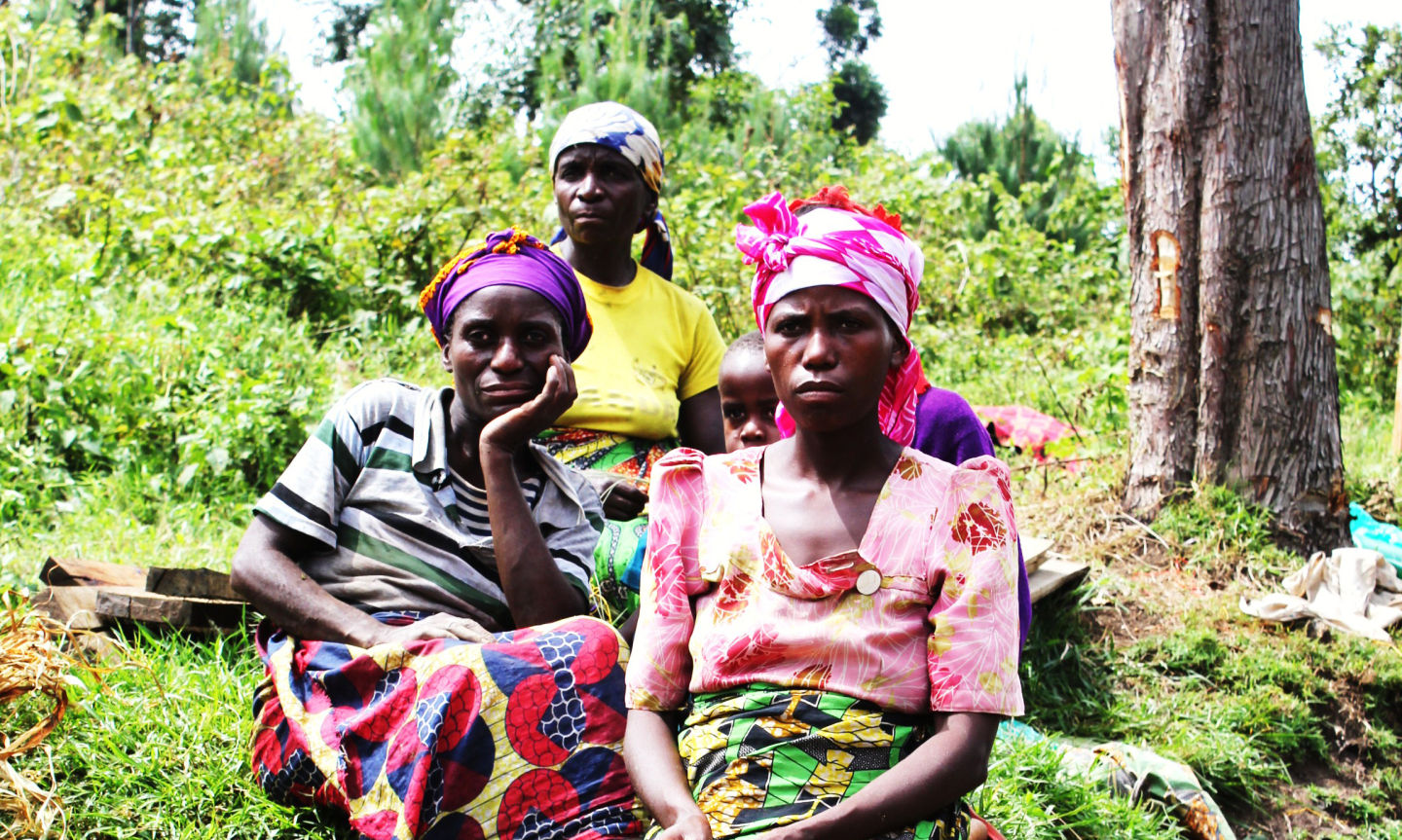
Improving access to natural resources for indigenous communities
Click here to see the original post in Voice.Global site-
Project Duration
-
-
Lead organisation
Minority Rights Group Africa
-
Minority Rights Group Africa (MRGA) is a NGO registered with the Uganda National NGO Board since 2004 and affiliated to the UK based NGO Minority Rights Group International. MRGA seeks to address their protection in law policy and practice and increase their participation in social economic, politician and other spheres through amplified voices.
MRGA promotes the rights of ethnic, religious and linguistic minorities and indigenous peoples on the African continent where these issues have taken time to be recognised, appreciated and integrated into law, policy and programmatic reforms. MRGA tackles discrimination in land ownership and access and other economic social cultural rights of ethnic minorities and indigenous peoples. MRGA strives to make the genuine concerns and protection of ethnic minority and indigenous peoples on the Africa continent visible.
-
Organisation
Minority Rights Group Africa (MRGA) is a NGO registered with the Uganda National NGO Board since 2004 and affiliated to the UK based NGO Minority Rights Group International. MRGA seeks to address their protection in law policy and practice and increase their participation in social economic, politician and other spheres through amplified voices.
MRGA promotes the rights of ethnic, religious and linguistic minorities and indigenous peoples on the African continent where these issues have taken time to be recognised, appreciated and integrated into law, policy and programmatic reforms. MRGA tackles discrimination in land ownership and access and other economic social cultural rights of ethnic minorities and indigenous peoples. MRGA strives to make the genuine concerns and protection of ethnic minority and indigenous peoples on the Africa continent visible.
-
Project
Minority Rights Group Africa (MRGA) in partnership with indigenous organisations and communities have designed a holistic approach, which seeks to improve indigenous communities’ access to natural resources in East Africa. This project aims to review this approach, which is a combination of strategic litigation, advocacy and legal empowerment and test it in Niger. Especially with the increase of natural resource exploitation and African governments wooing foreign investment in agro-based land investments, exploitation of minerals and oil and focus on tourism derived from conservation, the rights of ethnic minorities and indigenous peoples to self-determination cultural and linguistic identity and economic social cultural rights are increasingly threatened.
MRGA will conduct the work together with partner organisations from Kenya, Uganda, Tanzania and Niger. In Niger, the approach will be tested and assist slave descendants, who are denied their property rights as a result of their ethnicity.
The proposed project “towards a better understanding of legal empowerment and strategic litigation in improving access to productive resources for indigenous communities” aims to identify areas of success and gaps for improvement with the purpose to expand it and use it outside East Africa. The plan is to disseminate the findings widely with communities in similar situations, organisations, academics and policy-makers.
-
-
Minority Rights Group Africa (MRGA) in partnership with indigenous organisations and communities have designed a holistic approach, which seeks to improve indigenous communities’ access to natural resources in East Africa. This project aims to review this approach, which is a combination of strategic litigation, advocacy and legal empowerment and test it in Niger. Especially with the increase of natural resource exploitation and African governments wooing foreign investment in agro-based land investments, exploitation of minerals and oil and focus on tourism derived from conservation, the rights of ethnic minorities and indigenous peoples to self-determination cultural and linguistic identity and economic social cultural rights are increasingly threatened.
MRGA will conduct the work together with partner organisations from Kenya, Uganda, Tanzania and Niger. In Niger, the approach will be tested and assist slave descendants, who are denied their property rights as a result of their ethnicity.
The proposed project “towards a better understanding of legal empowerment and strategic litigation in improving access to productive resources for indigenous communities” aims to identify areas of success and gaps for improvement with the purpose to expand it and use it outside East Africa. The plan is to disseminate the findings widely with communities in similar situations, organisations, academics and policy-makers.
